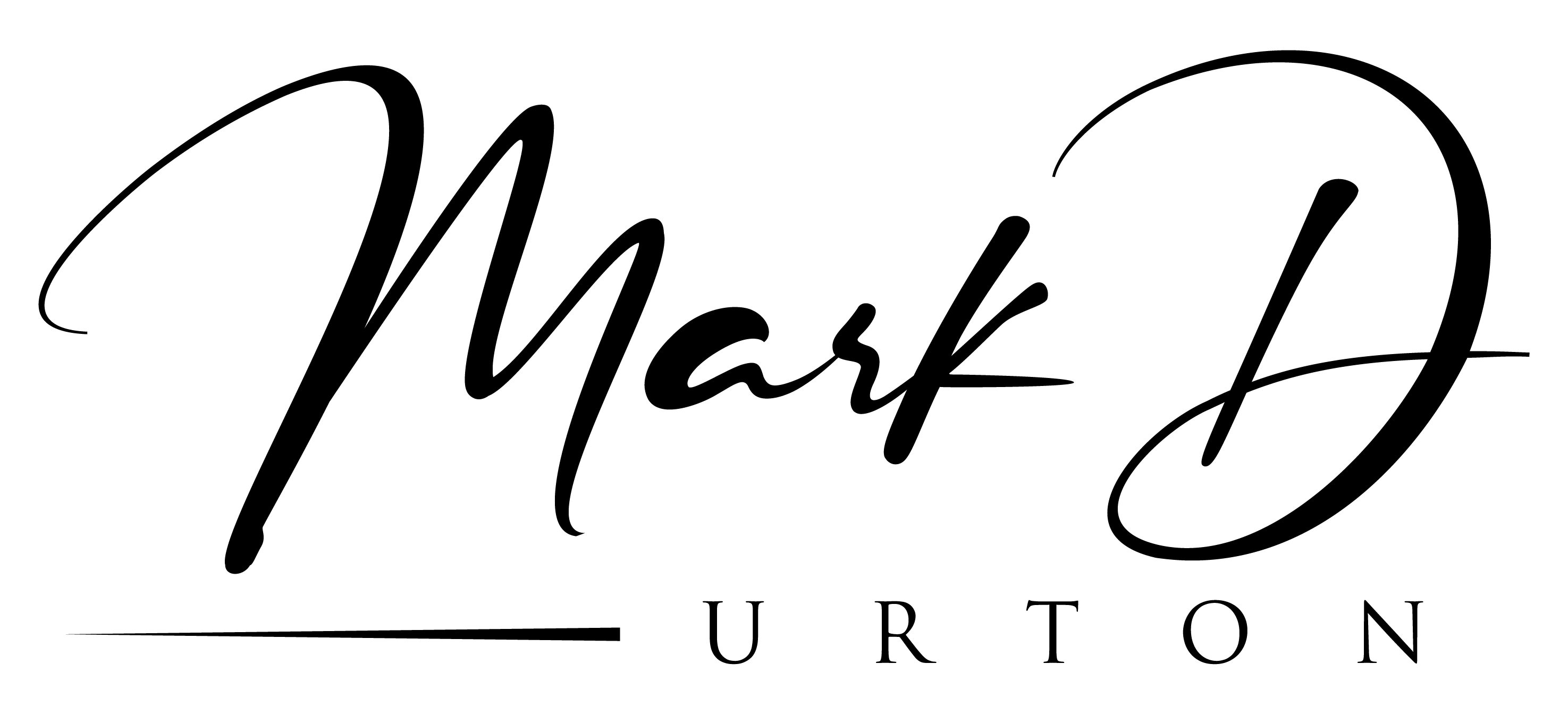Introduction
We encounter a diverse range of individuals throughout our lives, and while most interactions are pleasant, there are times when we must navigate the waters of difficult personalities. Whether it’s a challenging coworker, a demanding boss, or an opinionated family member, learning how to get along with difficult people is a valuable skill that can positively impact our personal and professional relationships. In this blog, we will explore effective strategies for understanding, empathizing, and fostering harmonious interactions with difficult individuals.
- Cultivate Empathy and Understanding
Empathy is the cornerstone of building connections and managing difficult relationships. Seek to understand the person behind the difficult behavior. Consider their perspective, experiences, and underlying motivations. Putting yourself in their shoes can help you develop compassion and patience, allowing you to approach interactions with a more empathetic mindset.
- Maintain Emotional Intelligence
Emotional intelligence plays a vital role in managing difficult people. Self-awareness and self-regulation are key components of emotional intelligence. Be mindful of your own emotions and reactions when dealing with challenging individuals. Stay composed and avoid reacting impulsively. Responding calmly and rationally can defuse tension and create an environment conducive to more productive conversations.
- Practice Active Listening
Active listening is a powerful tool when dealing with difficult individuals. Give them your full attention, maintain eye contact, and demonstrate genuine interest in what they have to say. Reflect back on their words to ensure you understand their perspective accurately. By actively listening, you show respect and validate their feelings, which can lead to better communication and understanding.
- Choose Your Battles Wisely
Not every disagreement or conflict is worth pursuing. Sometimes, it’s best to let minor issues slide and focus on the bigger picture. Prioritize your energy and attention on resolving substantial conflicts that have a significant impact. This approach allows you to maintain a more positive and productive relationship overall.
- Set Boundaries and Communicate Effectively
Establishing clear boundaries is crucial when dealing with difficult people. Clearly communicate your expectations, needs, and limits. Be assertive, yet respectful, in expressing your concerns and asserting your boundaries. Effective communication can prevent misunderstandings and minimize conflict while promoting mutual respect.
- Seek Common Ground and Find Solutions
Identify shared interests or goals with difficult individuals to establish a common ground for cooperation. Focus on finding solutions rather than dwelling on the differences. Collaborate and brainstorm ideas together, fostering an environment of mutual problem-solving. By working towards shared objectives, you can bridge gaps and build rapport.
- Practice Self-Care
Dealing with difficult people can be emotionally draining. It is essential to prioritize self-care to maintain your well-being. Engage in activities that recharge and rejuvenate you. Nurture positive relationships outside the challenging ones, and seek support from friends, family, or professionals when needed. Taking care of yourself ensures you have the resilience and energy to handle difficult interactions effectively.
Conclusion
Navigating relationships with difficult people can be challenging, but with the right strategies, it is possible to foster harmonious interactions. Cultivate empathy, maintain emotional intelligence, practice active listening, set boundaries, communicate effectively, seek common ground, and prioritize self-care. Remember, you cannot control others’ behavior, but you can control your own responses and approach. By applying these techniques, you can build bridges, minimize conflicts, and foster healthier relationships, ultimately creating a more positive and fulfilling social environment.


